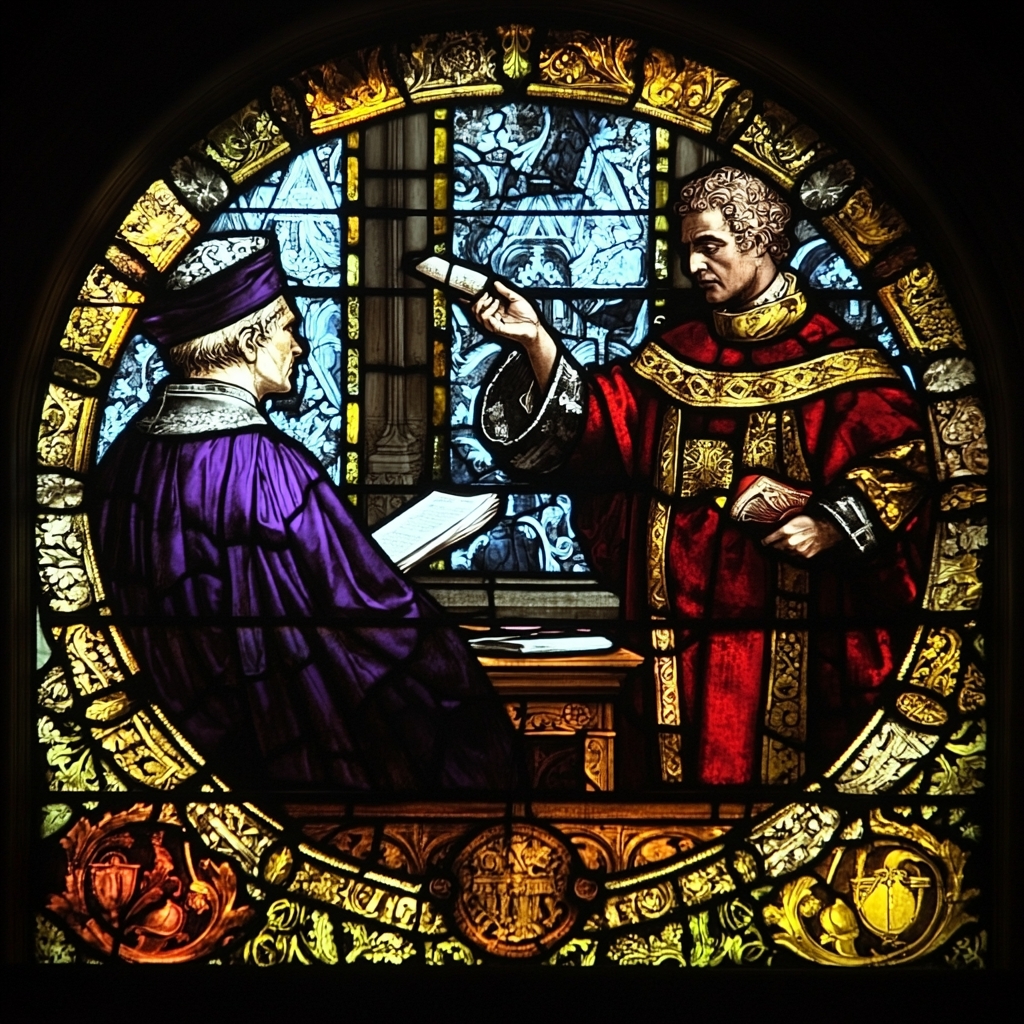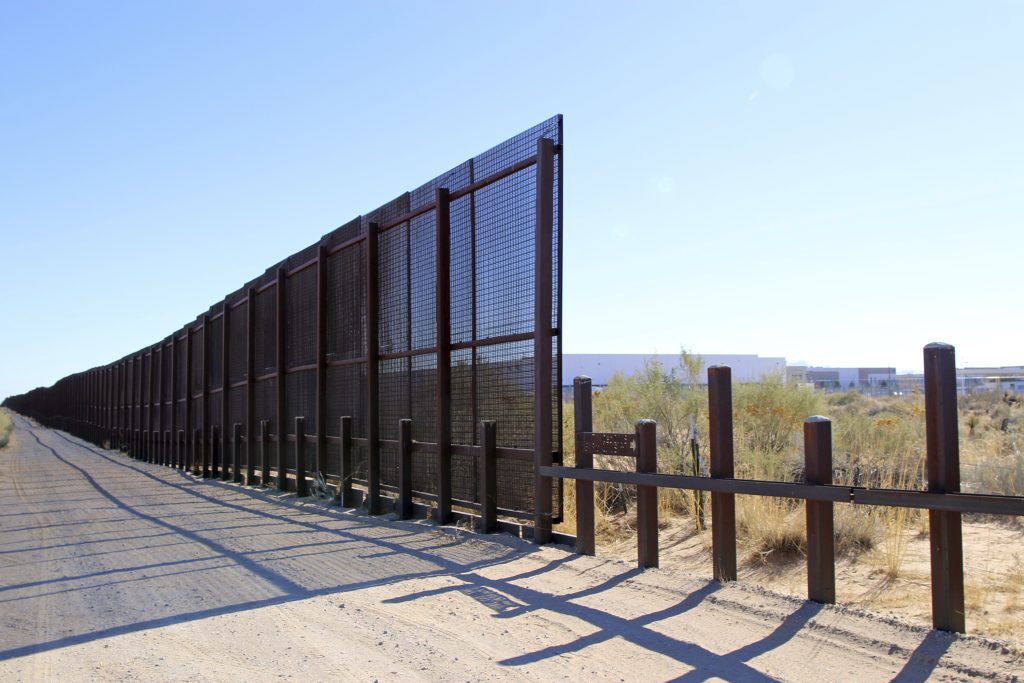The Inquisition gets a bad rap. We’re taught today that it was a project of sadistic and murderous villains who took joy in torturing anyone who were not sufficiently pious enough according to their version of Christianity. In truth, it was about keeping the Christian community of Europe safe from heresy.
Why is heresy dangerous? Our forefathers had a different view of religion than we do today. We see religion as a set of personal beliefs, ideas that, while informing our lives, are entirely separate from the body politic. We are taught that religion is a personal decision, and that whether we are Protestant, Catholic, LDS, Islamic, Hindu, agnostic, or atheist, we can all coexist as Americans.
Medieval societies were not like that at all. There was no separation of church and state. In such a time and place, heresy was a cancer that, if left untreated, could rapidly spread through a community, undermining its structure and ultimately leading to chaos.
According to Thomas Madden at Crisis Magazine, it was the secular leaders who cracked down the hardest on heresy. The original Inquisition was established to create an orderly process for evaluating accused heretics and, if possible, give them a route back into good graces:
Most people accused of heresy by the medieval Inquisition were either acquitted or their sentence suspended. Those found guilty of grave error were allowed to confess their sin, do penance, and be restored to the Body of Christ. The underlying assumption of the Inquisition was that, like lost sheep, heretics had simply strayed. If, however, an inquisitor determined that a particular sheep had purposely departed out of hostility to the flock, there was nothing more that could be done. Unrepentant or obstinate heretics were excommunicated and given over to the secular authorities. Despite popular myth, the Church did not burn heretics. It was the secular authorities that held heresy to be a capital offense. The simple fact is that the medieval Inquisition saved uncounted thousands of innocent (and even not-so-innocent) people who would otherwise have been roasted by secular lords or mob rule.
America today is a very different place. For most Protestant Christians, deciding which church to attend on Sunday morning is like picking which restaurant to visit on a Friday night — there are unlimited options. People pick and choose churches based on denomination, preaching, music, and even architectural style. This has made the concept of church discipline nearly meaningless, since if you’re excommunicated from 5th Street Baptist you can just head over to 6th Street Baptist with no problems.
Indeed, the seeker-sensitivity movement of the late 20th century made style more important than substance. What a congregation believed seemed less important than the sincerity with which they believed it. The very idea of “heresy” has become as old fashioned as the horse and buggy. In Protestant circles, nobody has any authority to declare this or that belief a heresy, since we all interpret the Bible for ourselves. Even Roman Catholics, despite having the Magisterium and the Pope, still disagree on many things.
Redeemed Zoomer, a young conservative Presbyterisn, recently made a good video laying out his opinion of what constitutes a heresy and what is simply a difference of opinion:
Many Protestant denominations have adopted unwritten heresies, such as your position on climate change, racism, the status of Israel, or who is allowed to participate in the Lord’s Supper. Even though we look back on the Inquisition as a quirky anachronism at best, we still tend to judge a person’s Christian walk by these new esoteric positions. It seems to be human nature to seek out things that divide us, even when we are united on so many big issues.
I see that in politics too. Self proclaimed conservatives who agree on 95% of issues will dig into the remaining 5% to find reasons to excommunicate each other. The problem, as with Protestant Christians, is that there is no single authority to which to appeal, so we split into smaller and smaller groups, losing our power to put our principles into practice in the process.
As I wrote two weeks ago, you have to decide what are your own red lines. What determines whether someone is a fellow in the same denomination, a wayward brother in Christ, a situational ally, or an outright enemy?
The same applies to the political realm. Who is your ride or die politician? Who is a situational ally? Who is your irredeemable enemy? I continue to be struck by the irony that it was Cong. Mike Simpson, of whom I have been relentlessly critical, who put Lava Ridge on ice. It’s a good reminder that our goal in politics is policy, not people. No matter how much we love our conservative rock star legislators, we must remember that they are a means to an end. The people are tools to achieve policy, not ends in and of themselves.
And the same thing applies back to religion. Is the frame of your belief determined by celebrity pastors, or Christ? We tend to identify ourselves and our tribe by which leader we follow, but our faith should not be about John MacArthur or Doug Wilson or Pope Francis, but rather the Truth of the Gospel of Christ. I can’t put it any better than the Apostle Paul in his letter to the church at Corinth:
…each one of you says, “I follow Paul,” or “I follow Apollos,” or “I follow Cephas,” or “I follow Christ.” Is Christ divided? Was Paul crucified for you? Or were you baptized in the name of Paul?
1 Corinthians 1:12b-13 ESV
Let no one deceive himself. If anyone among you thinks that he is wise in this age, let him become a fool that he may become wise. For the wisdom of this world is folly with God. For it is written, “He catches the wise in their craftiness,” and again, “The Lord knows the thoughts of the wise, that they are futile.” So let no one boast in men. For all things are yours, whether Paul or Apollos or Cephas or the world or life or death or the present or the future—all are yours,and you are Christ’s, and Christ is God’s.
1 Corinthians 3:18-23 ESV
About Brian Almon
Brian Almon is the Editor of the Gem State Chronicle. He also serves as Chairman of the District 14 Republican Party and is a trustee of the Eagle Public Library Board. He lives with his wife and five children in Eagle.













